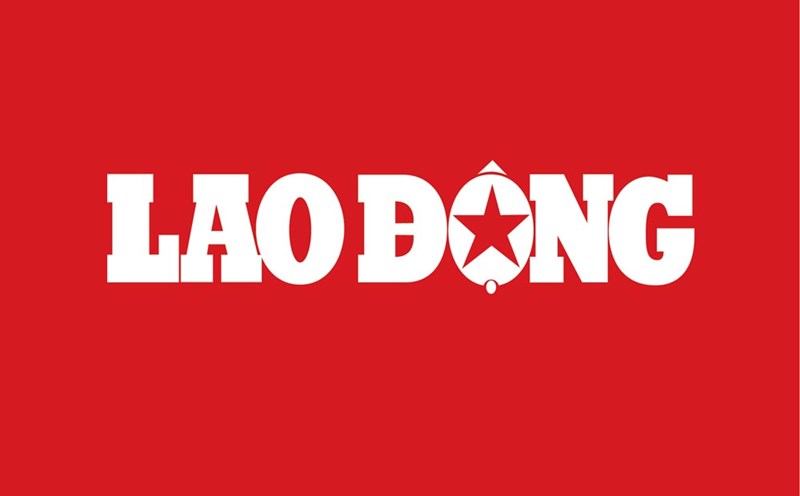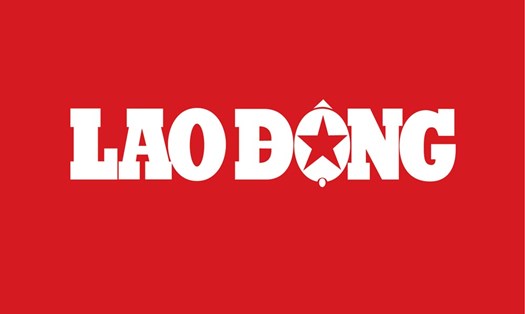Hungary and Slovakia threaten to take Ukraine to court for blocking Russian producer Lukoil's oil through the Druzhba (Friendship) pipeline - the last route for Russian crude to Europe.
Hungary and Slovakia, along with the Czech Republic, are the three member states exempted from implementing the EU embargo on Russian oil because they depend on this supply and have few alternatives.
Therefore, Russia continues to transport about 300,000 barrels of oil per day - equivalent to about 0.3% of global supply - to Eastern Europe via the southern branch of Druzhba.
The southern Druzhba route connects Russian oil fields with MOL's refineries in Hungary and Slovakia and PKN Orlen in the Czech Republic.
The pipeline passes through Belarus and Ukraine before branching off to Slovakia and Hungary.
According to Reuters, oil exports via the Druzhba pipeline have been suspended several times last year due to complicated relationships between suppliers, pipeline companies and buyers.
In 2022, oil supply was cut short by sanctions that prevented Russian company Transneft from paying transportation fees.
Ukrainian supplier Ukra Ukra Ukra Ukra Ukra Ukrainian Ukrainian Ukrainian has increased oil transit fees several times in 2022 and 2023.
The higher toll makes the Druzhba oil pipeline one of the least profitable routes, a Russian oil and gas industry source said.
Private oil company Lukoil supplies about 50% of the oil to the southern route of Druzhba. In June 2024, Ukraine imposed sanctions on Lukoil, making it unable to transport oil via the pipeline.
Hungary and Slovakia are landlocked countries, leading to limited access to alternative oil sources. This was also recognized by Hungarian Foreign Minister Peter Szijjarto himself.
"To buy oil or gas from different sources, pipelines and infrastructure are needed. Without and without anyone helping us have that infrastructure, we cannot have the freedom we have when diversifying supply" - Foreign Minister Szijjarto said.
Reuters pointed out that in addition to the oil pipeline through Ukraine, Hungary can import oil from the port of Omisalj in Croatia. Since April, MOL has imported about 500,000 tons of oil per month (120,000 barrels/day) via Croatia.
And after Ukraine blocked the Russian oil pipeline, Hungarian Foreign Minister Peter Szijjarto informed that Bulgaria had offered to support oil supplies to Hungary.
"My Bulgarian colleague ( Ambassador Dimitar Glavchev - PV) has proposed to support overcoming difficulties related to the ban on oil transportation through Ukraine," Mr. Szijjarto revealed.
"As a true friend and a reliable transit country, Bulgaria creates conditions to ensure the security of Hungary's energy supply. Last year, 5.6 billion cubic meters of gas were supplied to Hungary via Bulgaria. This year, we have bought 3.9 billion cubic meters of gas," the Hungarian Foreign Minister noted.
Meanwhile, Slovakia can only import oil via the pipeline connecting to Hungary with the amount of oil not enough to compensate for Russian oil.
About 30% of the oil that Slovnaft - a refinery owned by MOL in Slovakia - will process in 2023 is non-Russian oil, the highest level ever.
Ukraine also depends on Hungary and Slovakia for energy. The two countries provide fuel and electricity from Russian resources to Ukraine. Hungary supplied 42% of Ukraine's electricity imports in June 2024.










